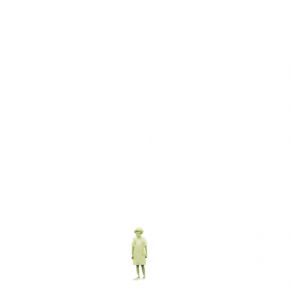Lullaby for Sue
Download links and information about Lullaby for Sue by Clogs. This album was released in 2003 and it belongs to Ambient, Electronica, Rock, Folk Rock, Alternative, Songwriter/Lyricist, Psychedelic genres. It contains 11 tracks with total duration of 50:51 minutes.

|
|
|---|---|
| Artist: | Clogs |
| Release date: | 2003 |
| Genre: | Ambient, Electronica, Rock, Folk Rock, Alternative, Songwriter/Lyricist, Psychedelic |
| Tracks: | 11 |
| Duration: | 50:51 |
| Buy it NOW at: | |
| Buy on iTunes $9.99 | |
Tracks
[Edit]| No. | Title | Length |
|---|---|---|
| 1. | No. 6 | 2:28 |
| 2. | Who's Down Now | 5:38 |
| 3. | Turtle Soup | 5:41 |
| 4. | Scratched By the Briar Patch | 3:05 |
| 5. | No. 4 | 2:01 |
| 6. | Swarms | 7:04 |
| 7. | No. 1 | 3:21 |
| 8. | Gentler We | 5:02 |
| 9. | Lullaby for Sue | 5:19 |
| 10. | No. 3 | 7:37 |
| 11. | Limp Waltz | 3:35 |
Details
[Edit]This Australian/US band's second full-length album shows that there are more varied ways around instrumental classical post-rock (or whatever the term is to be in future) than are dreamt of by the likes of Godspeed You Black Emperor. Admittedly there's a moment or two where random sampled voices cut across the arrangements, but if the Australian-accented folks are meant to be some sort of critical focus, it's not apparent. Instead of obsessive structured sound, Clogs, led by violist Padma Newsome, embraces subtlety, variety and sometimes elusive melodies. Without seeming completely like an improvised effort, Lullaby for Sue sounds very much like it could have been created on the spot; the four main players freely able to allow for space and silence as much as adding their own particular parts. When there's an increase in energy, as the low-key growl of "Who's Down Now" shows at its start and end both, Bryce Dessner's guitar sounds almost like a strange signal; it's often contrasted with equally calmer moments. "Swarms" is probably where the band gets its most intense, building up to a tightly wound high point before settling down again, but Dessner's guitar is acoustic and the general feeling is dramatic but not epic. The fact that the quartet can effortlessly work with inspirations from all over the place — "Turtle Soup" has hints of gamelan and other non-Western musics — is a further plus given how many other acts stick firmly in a European tradition. Rachel Elliott's bassoon and recorder efforts, most notably her work on the former, add both a mournful air and sometimes a bit of gentle playfulness, as can be heard on "No. 1" particularly well, while Newsome's one vocal turn on "Gentler We" is an enjoyable, unexpected surprise.